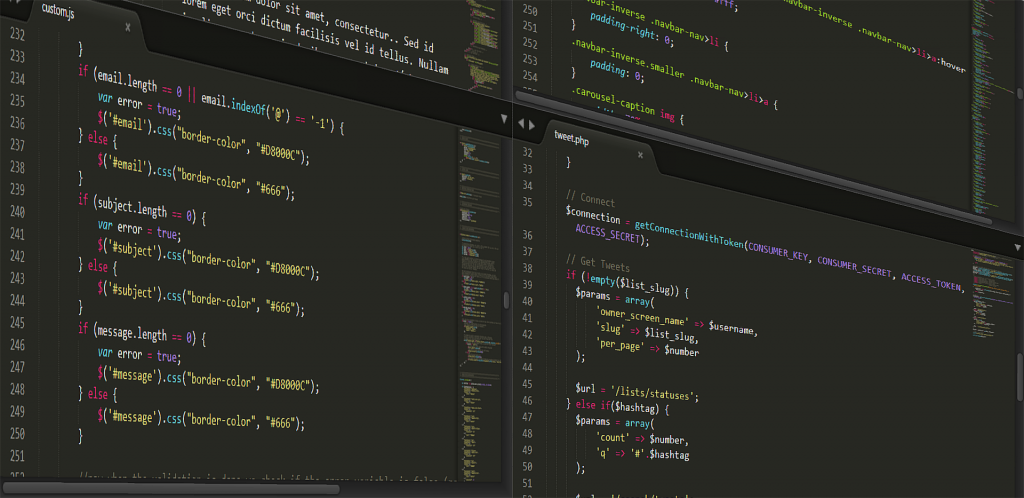While there are many web development tools out there, the two that stand out from the rest are definitely Symfony and Laravel. Both have some pretty amazing properties and in this short article, we aim to highlight both applications, allowing you to make an informed decision.
What Is Symfony?
Symfony is a set of PHP applications that are both flexible and scalable, making it ideal for high-performance web platforms. If you want to inject some life into your web project, Symfony is a great set of PHP applications and most web developers quickly get the hand of this amazing suite of PHP applications.
The Benefits
Symfony offers the web developer many benefits; including:
- Flexibility
- Huge online community
- Scalable
- User-friendly
The PHP open-source framework uses decoupled PHP libraries, so there’s no need to write lengthy code. With automated application deployment and good debugging, Symfony is certainly a powerful set of PHP tools for complex and high-performance web development.

What Is Laravel?
This project first got off the ground in the same year as Symfony, which is 2011. This set of applications allows for the separation of ‘business’ and ‘presentation’ code, which is handy, while bug fixes are very quick with Laravel. Much like Symfony, Laravel integrates with all other systems well and automated code testing is another great idea.
Performance & Scalability
Websites using Laravel tend to load a little quicker than Symfony, mainly due to the unified APIs for changing views, although the difference is minimal; 250 milliseconds to 60 milliseconds for Laravel. To conclude, if you are looking for a set of PHP components that allow for programming of high quality using fewer resources, Laravel might be the best choice, while for scalability and good all-round performance, Symfony is the most popular, with hundreds of thousands of developers making up a global community.
Modularity
Symfony is based on a modular structure with many reusable components and these bundles can be used for sharing code as well as features between applications. Laravel, on the other hand, uses a different architecture and it is a little restrictive when it comes to making changes over applications.
Organising Code
Symfony wins hands down when it comes to organising code, making it ideal for complex web platforms. Symfony utilises a twig templating engine; this lets you create readable templates.
Database support
Both Symfony and Laravel use ORM for data access and with Symfony, database migrations are automated, while using the following for database support:
Symfony
- MySQL
- SQLServer
- SQLite
- PostgreSQL
- SAP Sybase SQL Anywhere
- Drizzle
- Oracle
Laravel
- MySQL
- SQLServer
- PostgreSQL
- SQLite
Symfony, as you can see, has a better all-around database support structure, which is why many developers prefer it. You can get Symfony development services at WebBox Cardiff or look for a developer online that has Symfony expertise.
If you are unsure about which application would be best for your next project, why not talk to a leading web development agency and see what they have to say.

